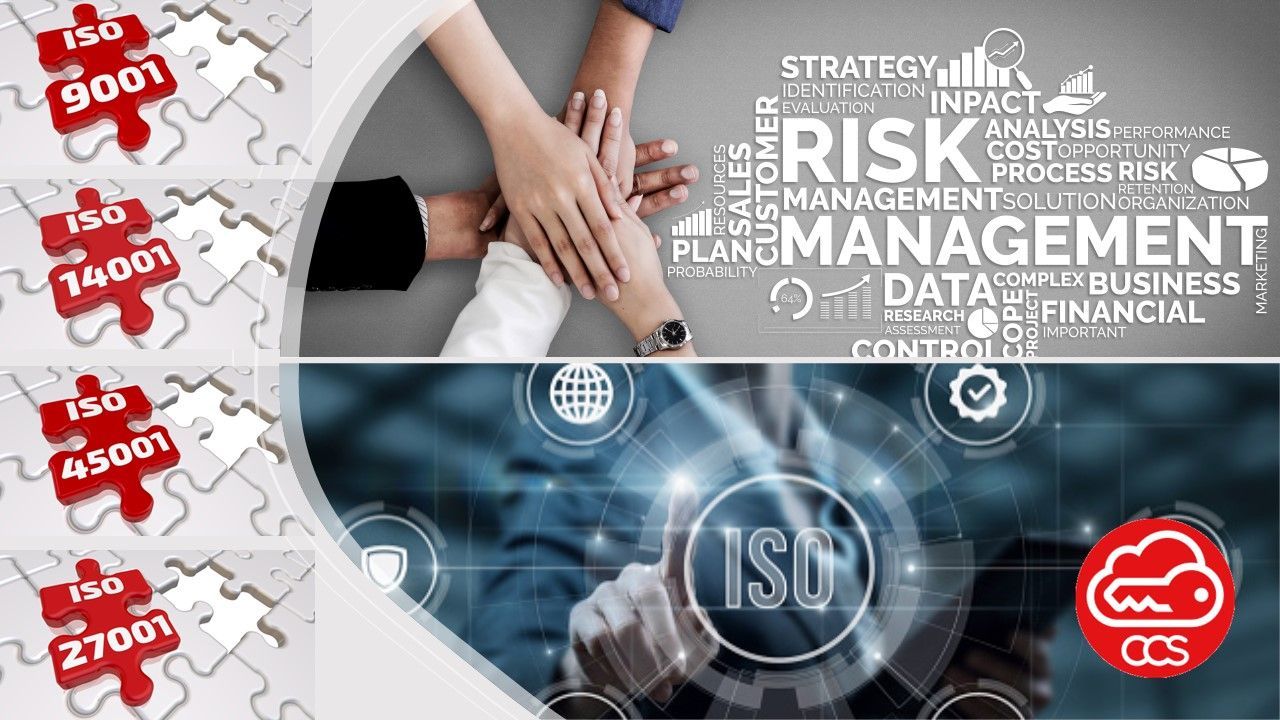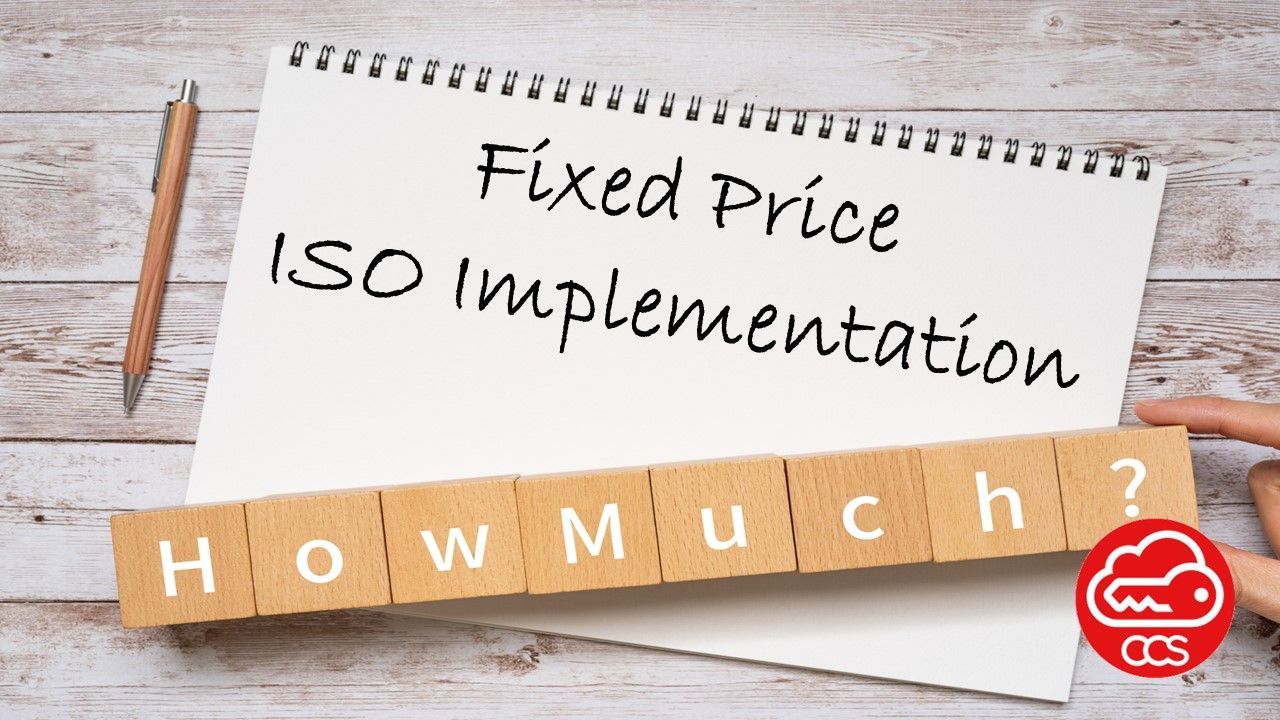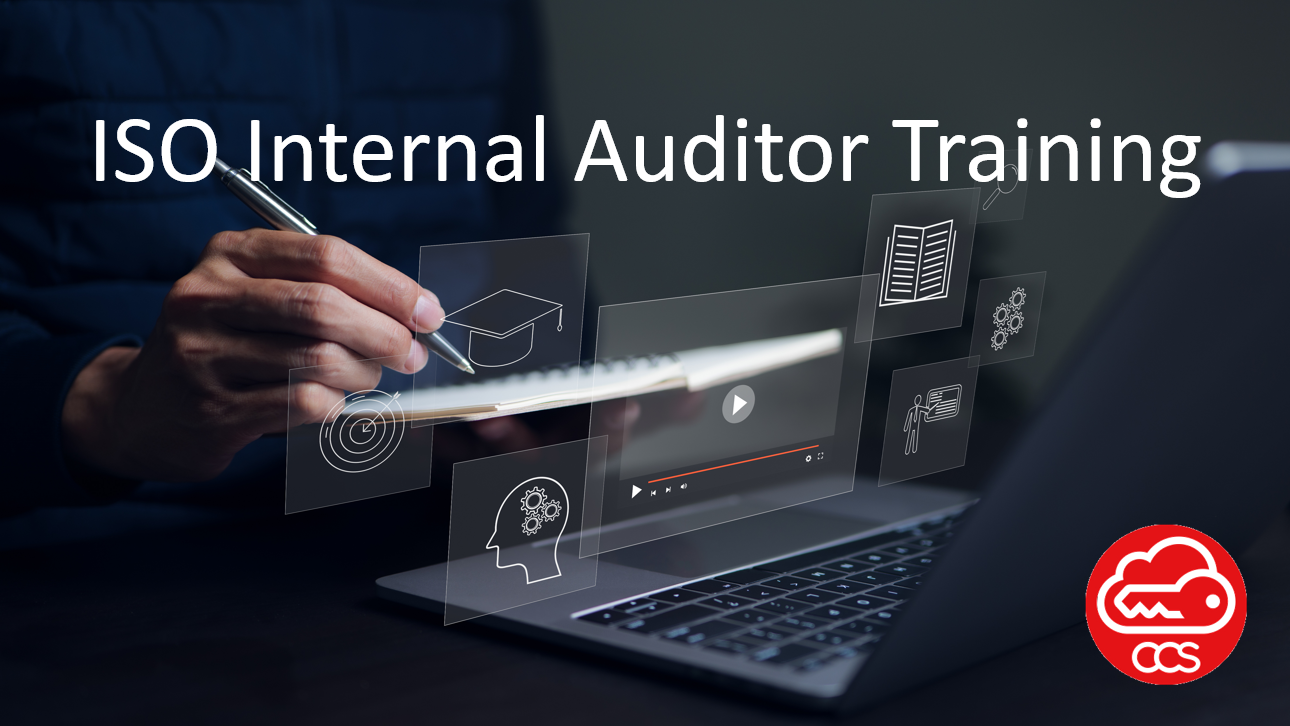ISO Consultancy and Certification
Our comprehensive range of services covers a spectrum of crucial aspects, including new ISO Standard Implementation, ISO Managed Services, ISO 27001 Transition, Gap Analysis, internal auditor training, management system analysis, pre-audit services, internal audit support, and senior management review meetings. Each of these services offers distinct advantages, ensuring that your ISO journey is not only compliant but also efficient, cost-effective, and conducive to sustained excellence.






